- 4530
- 4
Sharing Ideas and Updates on LPG in Nigeria and related information to enable effective collaboration within the LPG Value Chain
Explosion At Gas Retail Shop In Agege, Lagos State Leaves Several Injured.

Explosion At Gas Retail Shop In Agege, Lagos State Leaves Several Injured.
- An explosion at a gas retail shop in the Agege area of Lagos State resulted in multiple injuries. The blast, caused by a gas cylinder leakage, occurred at the shop located beside the Apostolic Church, Agege. Several individuals, including Baba Tumise, his wife, Rofiat, and an apprentice named Martins, were hospitalized. A resident, Madam Abowaba, sustained a knee injury after falling into a gutter while attempting to flee. Emergency responders successfully contained the fire, and the injured victims were transported to the hospital. The incident serves as a reminder of the importance of adhering to safety protocols and conducting regular maintenance checks in establishments handling flammable materials.
- To prevent incidents like the gas retail shop explosion in Agege, Lagos State, several LPG safety measures could have been implemented. Here are some key ways that could have helped prevent the incident:
- Regular Inspections: Conduct routine inspections of gas cylinders, valves, fittings, and other equipment to identify potential leaks, corrosion, or other faults. Promptly address any issues through repairs or replacements.
- Proper Storage and Handling: Follow proper storage and handling procedures for LPG cylinders, ensuring they are stored in well-ventilated areas away from ignition sources, heat, and direct sunlight. Use appropriate handling equipment and avoid mishandling or dropping cylinders.
- Adequate Ventilation: Ensure proper ventilation systems are in place within the gas retail shop to prevent the accumulation of flammable gases. Ventilation helps disperse any leaked gas and reduces the risk of explosions.
- Training and Education: Provide comprehensive training to employees, apprentices, and gas shop owners on LPG safety practices, including proper handling, storage, and emergency response protocols. This education should also emphasize the detection and reporting of gas leaks.
- Compliance with Safety Regulations: Adhere to all safety regulations and guidelines set by relevant authorities. Stay updated on the latest industry standards and implement them in the gas retail shop. Regular inspections by regulatory bodies can help identify any safety deficiencies.
- Emergency Preparedness: Develop and practice emergency response plans, including evacuation procedures and the use of fire extinguishers. Conduct regular drills to ensure all staff members are familiar with emergency protocols and can respond swiftly and effectively.
- Equipment Maintenance: Regularly maintain and service gas cylinders, valves, regulators, hoses, and other equipment to ensure they are in good working condition. This includes checking for leaks, damaged seals, or worn-out components that may pose a safety risk.
- Proper Labeling and Signage: Clearly label cylinders and equipment, indicating their contents and any necessary safety precautions. Display relevant safety signs and instructions in visible locations within the gas retail shop.
- Communication and Reporting: Encourage open communication between gas shop owners, employees, and tenants to promptly report any safety concerns or potential hazards. Landlords should take immediate action to address reported issues and ensure compliance with safety measures.
- Ongoing Safety Training: Conduct regular safety training sessions to reinforce LPG safety practices, raise awareness about potential hazards, and promote a culture of safety within the gas retail shop.
- However, the placement of gas plants or retail stores near residential areas should be strictly avoided due to several critical reasons. It is imperative to recognize and understand the potential dangers associated with such proximity. Here's an explanation of why gas plants or retail stores should not be located near residential areas:
- Safety Hazards: Gas plants and retail stores deal with highly flammable substances like LPG (Liquefied Petroleum Gas). The presence of these hazardous materials increases the risk of accidents, leaks, or explosions. Placing such establishments near residential areas significantly jeopardizes the safety and well-being of residents, as any incident can lead to catastrophic consequences, including loss of life, severe injuries, and property damage.
- Health Concerns: Gas plants and retail stores emit potentially harmful gases and fumes. Proximity to residential areas exposes residents to the risk of inhaling toxic substances, which can have adverse health effects. Prolonged exposure to these gases can cause respiratory problems, irritation, and other health complications.
- Fire Hazards: LPG is highly flammable and can ignite easily when exposed to heat or sparks. Placing gas plants or retail stores near residential areas increases the likelihood of fires spreading to nearby homes, putting lives and properties at significant risk. The rapid spread of fire can make it challenging for emergency responders to contain and control the situation effectively.
- Noise and Disturbance: Gas plants or retail stores may generate noise from equipment, machinery, or vehicles used in their operations. This noise can cause disturbances and negatively impact the quality of life for residents in nearby homes. Residential areas should ideally provide a peaceful and quiet environment, which can be compromised by the presence of such facilities.
- Property Values and Insurance: The presence of gas plants or retail stores in close proximity to residential areas can adversely affect property values. Prospective buyers may be deterred from purchasing or investing in properties near these establishments due to safety concerns. Additionally, insurance premiums for homes in such areas may increase significantly due to the heightened risks associated with the presence of flammable materials.
- Urban Planning Considerations: Careful urban planning is essential for the harmonious coexistence of different land uses. Separating gas plants or retail stores from residential areas helps maintain a balance between industrial and residential zones. This separation ensures the safety and well-being of residents while allowing for the smooth functioning of industrial activities in appropriate locations.
- In conclusion, the placement of gas plants or retail stores near residential areas should be strictly avoided due to the potential safety hazards, health concerns, fire risks, disturbances, property devaluation, and urban planning considerations. It is crucial to prioritize the safety and welfare of residents by establishing clear zoning regulations that ensure the appropriate placement of such establishments away from residential zones.
Share on Social Media:
Are you setting up, or do you need LPG information? Get started with our LPG and CNG Webinars!
Do you need LPG Depot Prices and Mont Belvieu Prices Data Sheet (2019 till date)? Get Access here!





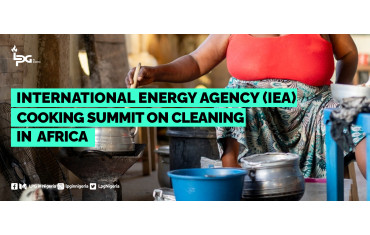
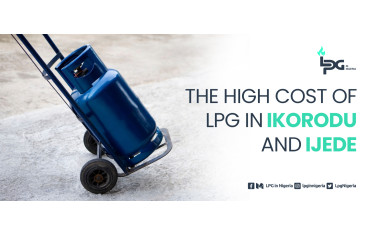
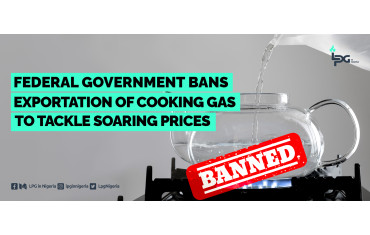

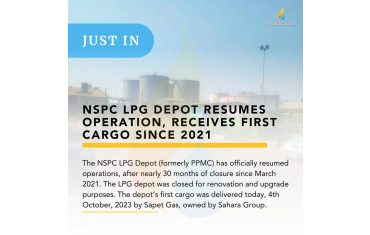

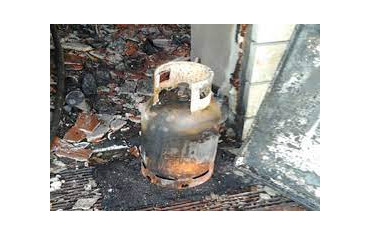

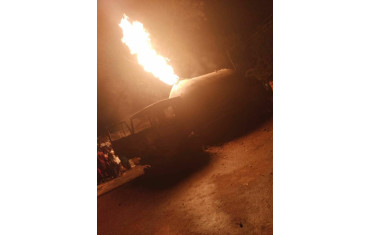


Jennie
27 May 2025 - 09:20pmTruly many of amazing facts! casino en ligne Good information, Cheers. casino en ligne Thanks. A lot of forum posts! casino en ligne Effectively voiced certainly! . casino en ligne Nicely put. Thanks. casino en ligne Reliable material, Regards. casino en ligne France Seriously tons of excellent knowledge! casino en ligne fiable You said it adequately.. casino en ligne Terrific content, Kudos! casino en ligne France Superb info, Kudos. casino en ligne francais
Reply